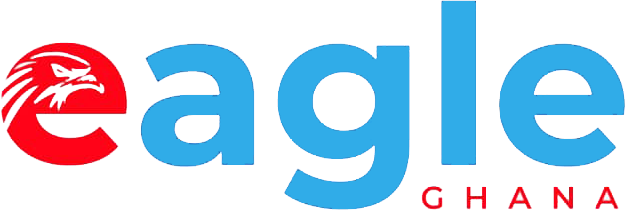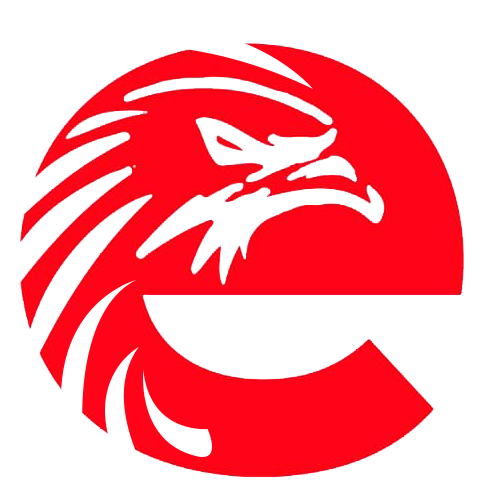Government To roll out 5G services by end of 2024
The Government of Ghana has announced its partnership with seven industry players on a new shared infrastructure to deliver affordable 5G mobile broadband services across Ghana.
The seven partners are Ascend Digital, K-NET, Radisys, Nokia, and Tech Mahindra and two telcos – AT Ghana and Telecel Ghana.
The partners have established the Next-Gen Infrastructure Company (NGIC), which has been awarded 5G license and expected to launch 5G services across Ghana within the next six months, followed by expansion to other parts of Africa.
The company will be the first 5G Mobile Broadband Shared Infrastructure Entity to build a nationwide 4G/5G network . It will also work with the telcos to launch affordable 4G/5G-enabled FWA CPEs and smartphones in Ghana within this calendar year.
The partnership aims to enhance the lives of Ghanaians by introducing digital services in education, healthcare, and digital payment transactions through P2P (peer-to-peer), P2M (peer-to-merchant) and M2M (merchant-to-merchant) systems , thereby reducing -digital divide and promoting financial inclusion.
Additionally, the multiplayer partnership will support NGIC in the entire deployment of network infrastructure and associated services, as communications service providers (CSPs) are looking to address enterprise and consumer markets with enhanced digital services. To achieve this, Tech Mahindra will build a Cloud Native Core Network powered by leading OEM (original equipment manufacturer) platforms.
NGIC plans to adopt India’s successful model of affordable handsets, digital platforms, and localized content and applications. The goal is to replicate this high-speed mobile data model across Africa, beginning with Ghana.
Minister for Communications and Digitalization, Ursula Owusu-Ekuful said, “The creation of a shared 5G Mobile Broadband Infrastructure is critical for delivering affordable, high-speed data access to the people of Ghana and help achieve our Digital Ghana vision. The creation of NGIC as a neutral, shared platform, accessible to all mobile network operators and tower companies, will help to expand 5G services rapidly across the country. We are inspired by India’s digital infrastructure and low-cost mobile data usage and keen to replicate it in Ghana.”
Senior vice president, Middle East and Africa at Nokia, Mikko Lavanti said, “Ghana holds immense potential for mobile broadband growth on the back of an unmet demand for connectivity. Establishing an Open Access Network like NGIC will foster innovation and create numerous opportunities across various sectors. We are proud of our partnership with NGIC in helping Ghana realize its digital vision and unlock its full potential.”
CEO of Radisys, Arun Bhikshesvaran said, “Connectivity for all, through the use of open and disaggregated multi-access solutions, is a key component of Radisys’ initiatives to bridge the digital divide. By bringing Fixed Wireless Access alongside 4G and 5G cellular services to help drive economic growth and digital inclusion, Radisys looks forward to helping Ascend and NGIC build a disruptive and affordable shared broadband infrastructure across Ghana. In addition, our communications platform and digital applications will help create new digital experiences that empower the Ghanian community and foster sustainable and inclusive development.”
Chief technology officer, Telecom & Global Business Head, Network Services, Tech Mahindra, Manish Mangal said, “Our partnership with Next Gen Infra Co. is based on a shared vision for digital connectivity and providing Network-as-a-Service to innovate and bring cost efficiency to the telecom market in Ghana and Africa. Echoing our promise to scale at speed, we aim to rapidly advance operations by building a Cloud Native Core Network with leading OEM platforms combined with Tech Mahindra’s automation platform, netOps.ai. Together with NGIC, we will support the complete network infrastructure deployment and introduce high-speed 4G/5G services in the region.”
CEO of Ascend Digital and Executive Director, NGIC, Harkirit Singh said, “NGIC intends to launch its wholesale 4G/ 5G Network as a Service and make it available to all mobile network operators within the next six months. We have proven strengths of our partners – Radisys, Nokia, and TechM, to scale the network and deliver affordable mobile broadband services to all Ghanaians. We intend to gradually expand to other parts of Africa as well. We will tap the capital markets and bring in strategic investors as and when required.”
COO of Telecel Ghana, Mohamad Ghaddar said, “NGIC’s neutral and ‘Network as a Service’ model creates a level-playing field for all telecom operators in Ghana. As an MNO our focus will be to enhance customer experience through innovative services, localized content , applications, and affordable devices. We are excited to be part of this venture and looking forward to work with NGIC in a shared vision of universal access to broadband and transform Ghana into Digital Economy”.
CEO of AT Ghana, Leo Skarlatos said, “This partnership will enable us to leverage a neutral, shared platform and scale up our services across Ghana. We are confident that our customers will experience enhanced network quality and affordable services that they deserve. We look forward to working with NGIC and the MOCD, to contribute to the country’s digital transformation agenda.”
MTN Conspicuously Missing
Meanwhile, the leading telco in Ghana, which is also the only significant market power (SMP), MTN Ghana is completely missing from the picture in this all important shared 5G infrastructure.
MTN had way back in 2021, announced its readiness to roll out a 5G in 2022, two years ago, but the move was botched because the industry regulator, National Communications Authority (NCA) simply refused to grant MTN the license to go 5G.
Indeed, government had long planned established the shared 5G infrastructure as part of measured to correct the grave market imbalance for which MTN was even declared an SMP in June 2020. Allowing MTN to acquire a license to rollout 5G, while other telcos did not even have 4G, was going to worsen the imbalance the government wanted to cure.
What is not clear now is whether MTN deliberately opted out of the share infrastructure arrangement or they were kept out as a strategy to make the other telcos a bit more competitive.
Credit: Techfocus 24



No Comment! Be the first one.